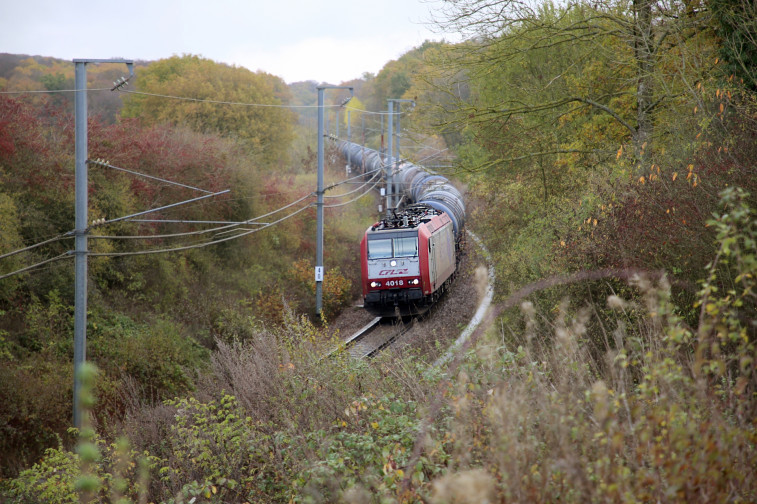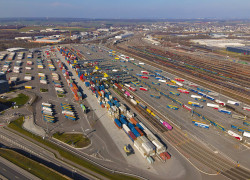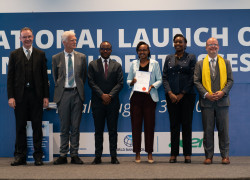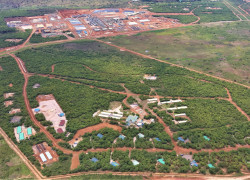TAC (Track Access Charges) reduction provides fast and unbureaucratic relief for railway undertakings (RUs)
The railway undertakings belonging to the Rail Freight Forward (RFF) coalition welcome the possibility of reductions to and temporary waivers of track access charges (TAC).
The rail freight sector has made tremendous efforts to keep Europe’s countries running, supporting both industry and society throughout the COVID-19 pandemic. Our employees were considered frontliners in the task to supply hospitals with masks, hydro-alcoholic solution, energy to heat medical buildings and maintain continuous supplies of goods like food and beverages in stores. Nevertheless, rail freight undertakings have been heavily impacted by the crisis and have suffered financially. The sector therefore needs measures that secure the survival of rail freight transport and its recovery for the benefit of the entire European economy. Reductions in infrastructure track access charges, also known as railway tolls, will form the basis for competitive and environmentally friendly rail transport, particularly in light of the challenges posed by the COVID-19 pandemic. The RFF members are very grateful to the European Commission for launching this commendable initiative and to the European Parliament and Council for their swift resolution. The Rail Freight Forward coalition fully appreciates the value of the initiative.
It’s time all Member States take this urgent and smart decision to pave the way for competitive and environmentally friendly rail transport. RFF members anticipate and expect that the Regulation will be extended beyond December 2020 by the European Commission, given the measures introduced by a number of Member States, and considering the impact of the COVID-19 pandemic. We call on all Member States to use this opportunity to propose an extension to the measures beyond December 2020.
Necessary initiative for the industry
The entire global and European economies have been massively affected by the COVID-19 pandemic, as has the transport industry. The TAC reductions that now apply to rail freight transport help balance out the advantages that road has over rail in terms of costs and systemic frameworks, and help create competitive transport conditions. The TAC reduction is unbureaucratic and benefits all operators equally – it remains the simplest and most appropriate means to support the sector.
Rail freight transport has taken on a crucial task when it comes to climate change policy and plays a crucial role in achieving European environmental and climate targets. Rail freight transport has been practically stagnant for the last 15 years, long before COVID-19 struck, which is why this sector support is essential. This support mechanism is urgently needed to secure the industry's survival and will not be passed on to customers.
Communiqués liés
RSA launches technology and management liability insurance s...
RSA Luxembourg, part of Intact Insurance Specialty Solutions, today announces th...
Lancement d'une nouvelle connexion intermodale entre Bettemb...
CFL multimodal a le plaisir d'annoncer le lancement de sa nouvelle connexion i...
Experts from LUNEX award first micro-credentials in Rwanda o...
The Rwanda Ministry of Education (MINEDUC) formally inaugurated Syllabi, a publi...
ERG Notes that ENRC Secures Landmark Victory as Court of App...
Eurasian Resources Group (ERG), a leading diversified natural resources group he...
LetzToken et La Vie est Belle annoncent leur partenariat ouv...
«?LetzToken?», plateforme de tokenisation pionnière basée à Luxembourg, et ...
ERG announces a Pre-Export Finance Facility Agreement based ...
Eurasian Resources Group (“ERG”, “The Group”), a leading diversified nat...
Il n'y a aucun résultat pour votre recherche







